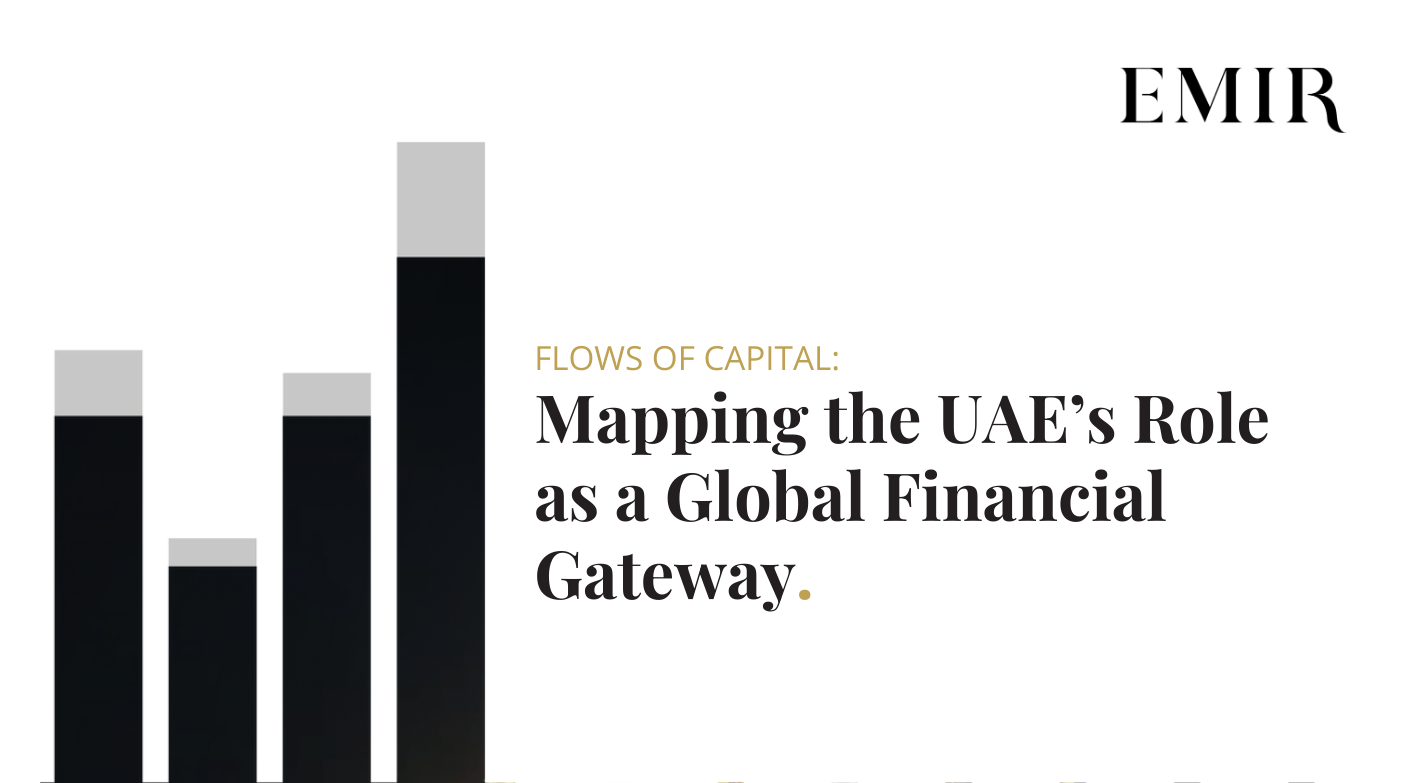The Ultimate Guide to Miscellaneous Business Expenses
In this guide, we’ll unpack what counts as a miscellaneous expense, why ignoring them is risky, and how your business can take control with proactive strategies (and the right tools).
.png)
Ready to turn your business expenses into direct savings?
Discover how Qashio can streamline your expenses, while rewarding you for it. Start today!

The Ultimate Guide to Miscellaneous Business Expenses: How to Track, Tame, and Deduct Them
77.2% of SME’s in the UAE without audited accounts consider themselves financially constrained. One of the biggest expense leaks is miscellaneous expenses.
That AED 220 courier run, the last-minute laptop charger, a forgotten SaaS subscription renewal, on its own, these small expenses barely raise an eyebrow. But add them across dozens of employees and hundreds of transactions, and you’ve got a silent drain on your budget.
These are miscellaneous expenses: the small, irregular costs that often slip through the cracks. Left unmanaged, they can eat into profitability, impact cash flow visibility, complicate audits, and lead to missed tax opportunities.
In this guide, we’ll unpack what counts as a miscellaneous expense, why ignoring them is risky, and how your business can take control with proactive strategies (and the right tools).
What Exactly Are “Miscellaneous Expenses”?
Miscellaneous expenses are costs that:
- Don’t fall neatly into existing budget categories
- Are irregular or ad-hoc
- Seem minor in value but add up significantly over time
Examples that aren’t miscellaneous:
- Direct costs (raw materials, labour for production)
- Capital expenditures (equipment, vehicles, office fit-outs)
Examples that are:
- One-off notary fees
- Coffee for a client meeting
- Small software charges outside the IT budget
Put simply: if it doesn’t have a predictable category but still impacts cash flow, it’s likely miscellaneous.
The High Cost of Ignoring the Small Stuff
1. Unreliable Budgeting
Untracked small spends make forecasting inaccurate. Your finance team ends up firefighting overruns instead of driving strategy.
2. Erosion of Profitability
Let’s do the math:
If 20 employees each make AED 100 in untracked purchases per month, that’s AED 24,000 a year, money that could have been reinvested in growth or saved against costs.
3. Audit and Compliance Risks
Regulators and auditors expect every dirham accounted for. Missing receipts or vague expense categories raise red flags, creating extra work (and sometimes fines).
With Qashio, every transaction is captured in real time and categorised instantly, so audit readiness becomes a built-in feature of your finance process.
Common Miscellaneous Expenses You Might Be Missing
Office and Supply Costs
- Printer ink, stationery, water deliveries
- Minor furniture repairs
One-Off Service Fees
- Notary charges
- Courier services
- One-time legal or consulting fees
Financial Charges
- Bank transfer fees
- Payment gateway charges
- Late fees on a forgotten invoice
Employee-Related Expenses
- Small team lunches
- Gifts for departing colleagues
- Ad-hoc training materials
Industry-Specific Examples (often overlooked)
- Construction: safety gear replacements, site passes
- F&B: last-minute ingredient purchases, delivery app fees
- Marketing Agencies: stock images, one-time design tools
Qashio Pro tip: Build a checklist tailored to your industry to prevent these spends from slipping under the radar.
Best Practices: Taking Control of Miscellaneous Expenses
1. Create a Miscellaneous Sub-Budget
Allocate a small but defined amount each month. This keeps surprises within controlled limits.
2. Implement a Clear Expense Policy
Set rules for what qualifies as an expense, how employees should report it, and approval workflows.
3. Mandate Digital Record-Keeping
Receipts fade, but digital copies don’t. Encourage employees to capture expenses immediately.
4. Automate
Manual tracking is a guaranteed way to lose visibility. Instead:
- Get real-time visibility across all transactions
- Use AI categorisation to ensure nothing slips into “miscellaneous” by default
- Automate reconciliation and reporting
With Qashio, employees simply snap a photo of a receipt via WhatsApp or the app. Our system automatically logs, categorises, and reconciles the expense. Finance teams save hours, policies are enforced automatically, and businesses stay audit-ready.
Conclusion: From Blind Spot to Strategic Advantage
Miscellaneous expenses may look small, but collectively they tell the story of how disciplined your company’s financial operations really are. Mastering them improves budgeting accuracy, prevents profit leaks, and signals financial maturity to stakeholders.
Ready to stop letting small expenses cause big problems?
Discover how Qashio gives UAE businesses total control over every dirham spent.
Latest Posts








.jpg)







